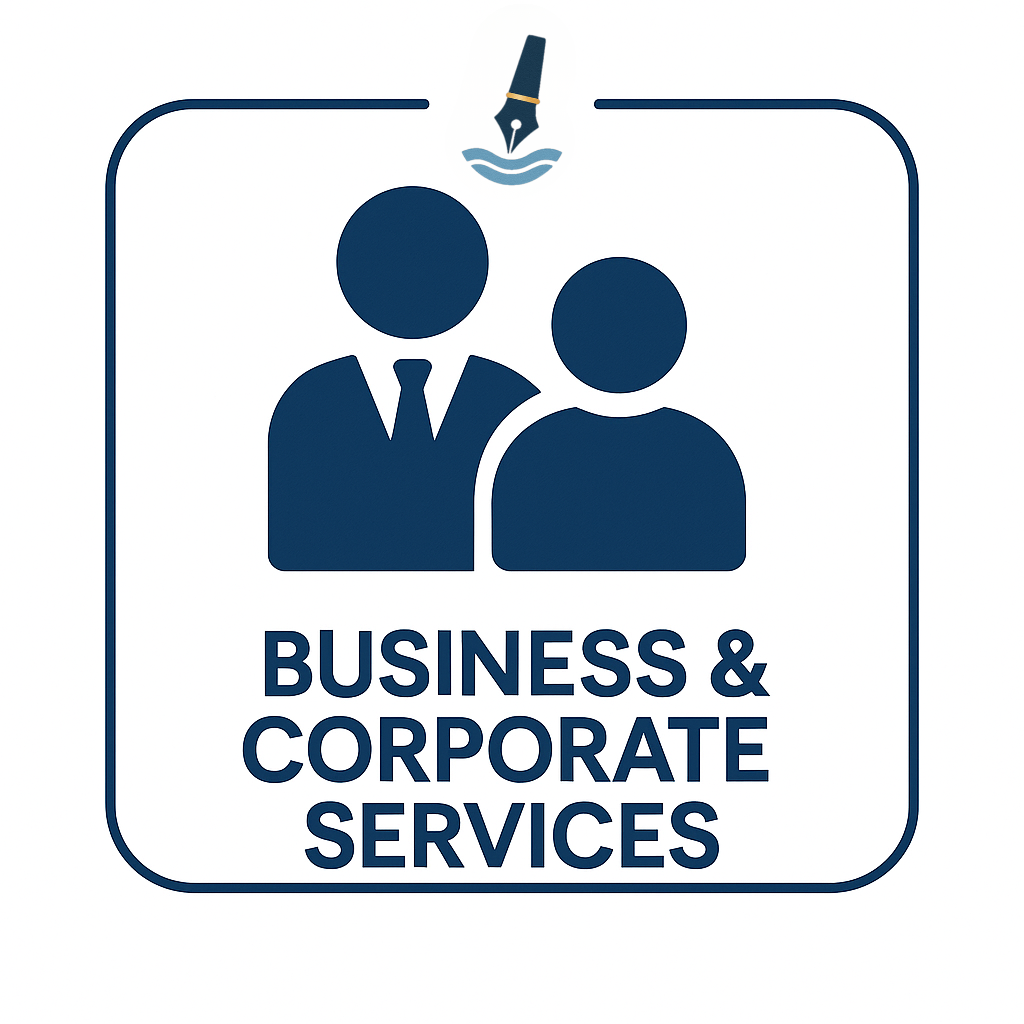Nevada healthcare employers face I-9 risks: remote hires, conditional offers, rapid onboarding strain 3-day timelines. $281-$27,894 penalties. Mobile verification available.
April 2, 2025
Healthcare

Nevada hospitals, nursing homes, medical practices, and healthcare staffing agencies operate under extraordinary I-9 compliance pressure due to industry-specific hiring patterns that distinguish healthcare from other employment sectors. Las Vegas, Henderson, and North Las Vegas healthcare systems face critical nursing shortages, require 24/7 staffing coverage, and increasingly rely on travel nurses, locum tenens physicians, and remote clinical coordinators—creating verification challenges that strain traditional I-9 completion procedures.
Healthcare-Specific I-9 Compliance Risks:
These factors combine to create $281–$27,894 aggregate penalty risk per ICE audit for healthcare employers with 100+ employees. Valley Health System, University Medical Center, Dignity Health, and other major Nevada employers face elevated enforcement scrutiny due to facility count, workforce size, and public reporting obligations.
Travel nurses, locum tenens physicians, per diem CNAs, and remote clinical staff present the most complex I-9 verification scenarios in healthcare employment. These workers often accept assignments in Nevada while physically located in other states, creating authorized representative coordination challenges and E-Verify alternative procedure requirements.
Travel Nurse I-9 Compliance Requirements:
Healthcare staffing agencies often fail to coordinate authorized representatives for travel nurses arriving on short notice, instead accepting scanned or faxed document copies—creating immediate I-9 paperwork violations at $288–$2,861 per form.
Healthcare employers routinely extend conditional employment offers subject to successful completion of background checks, drug screens, license verification, medical clearance exams, and credential reviews. These contingencies create timing conflicts with federal I-9 requirements—specifically, when does the "first day of work for pay" occur?
USCIS Rule: Employers may NOT require employees to complete Form I-9 before accepting a job offer. The employee must complete Section 1 on or before the first day of work for pay. The employer must complete Section 2 within 3 business days of the employee's first day of work for pay.
Common Healthcare I-9 Timing Errors:
Nevada hospitals and medical practices must clearly define "first day of work for pay" in offer letters and ensure HR systems trigger I-9 completion on that date—not when background checks clear or credentials finalize.
1. Implement Electronic I-9 Management with Reverification Tracking
Healthcare employers hiring workers with temporary work authorization (TPS, EAD, H-1B, OPT) must track document expiration dates and complete Section 3 reverification before authorization expires. Electronic I-9 platforms automate expiration alerts, generate reverification tasks 90 days before deadlines, and maintain audit trails demonstrating proactive compliance. Valley Health, UMC, Dignity Health, and other multi-facility systems require centralized platforms accessible across all Nevada locations.
2. Use Mobile I-9 Authorized Representatives for Travel Staff and Remote Hires
Lake Mead Mobile Notary provides on-site I-9 Section 2 verification services throughout Las Vegas, Henderson, and Clark County for healthcare employers onboarding travel nurses, per diem staff, and remote workers. Same-day and after-hours mobile service accommodates weekend shift starts, ensures compliant document examination within federal 3-day deadlines, and eliminates hospital HR department bottlenecks during staffing emergencies. Volume pricing available for health systems onboarding 15+ clinical staff monthly.
3. Train HR and Credentialing Staff on Healthcare-Specific I-9 Requirements
Hospital HR personnel, medical staff coordinators, and credentialing specialists must understand List A/B/C document requirements for foreign-trained healthcare professionals, recognize valid EAD categories for physicians and nurses, and know reverification procedures for H-1B and TN visa holders. Training should address conditional offer timing rules, remote worker verification procedures, and E-Verify alternative procedure requirements. Quarterly training updates ensure staff awareness of regulatory changes and emerging enforcement priorities.
4. Coordinate I-9 Completion with Onboarding and Credentialing Workflows
Healthcare employers must integrate I-9 deadlines into existing onboarding checklists, credentialing workflows, and new hire orientation schedules. Automated onboarding platforms should trigger I-9 Section 1 completion tasks immediately upon offer acceptance, schedule authorized representative appointments within 3-day Section 2 window, and flag incomplete verifications before clinical assignment. Credentialing delays should NOT postpone I-9 completion if employee performs any paid work (orientation, training, administrative duties) during clearance period.
5. Conduct Quarterly Internal I-9 Audits Focused on High-Risk Positions
Healthcare employers should prioritize internal audits of travel nurse placements, locum tenens physicians, remote telehealth providers, and foreign-trained clinical staff—populations with highest I-9 error rates. Review Section 2 completion dates against start dates, verify authorized representative credentials, check reverification compliance for temporary work authorization holders, and confirm retention of all required documentation. Quarterly audits identify systemic errors before ICE inspection and demonstrate good-faith compliance effort reducing penalty severity.
ICE targets healthcare employers for I-9 audits due to industry size, high immigrant workforce concentration, and public accountability expectations. Nevada's healthcare sector employs over 140,000 workers across hospitals, nursing homes, physician practices, and home health agencies—creating significant audit exposure.
ICE Healthcare Audit Focus Areas:
Healthcare employers in Downtown Las Vegas, Summerlin, Green Valley, and Enterprise should implement proactive compliance programs acknowledging elevated enforcement risk and preparing audit-ready documentation.
ICE audits of healthcare employers consistently uncover the same categories of technical errors and procedural failures. Understanding high-frequency violations enables proactive correction before formal inspection.
Most Common Healthcare I-9 Errors:
Book mobile I-9 verification for Nevada healthcare employers: https://lakemeadmobilenotary.com/book or call/text (702) 748-7444.
This content is for informational purposes only and does not constitute legal advice. Healthcare employers should consult immigration counsel for compliance guidance specific to their circumstances.
